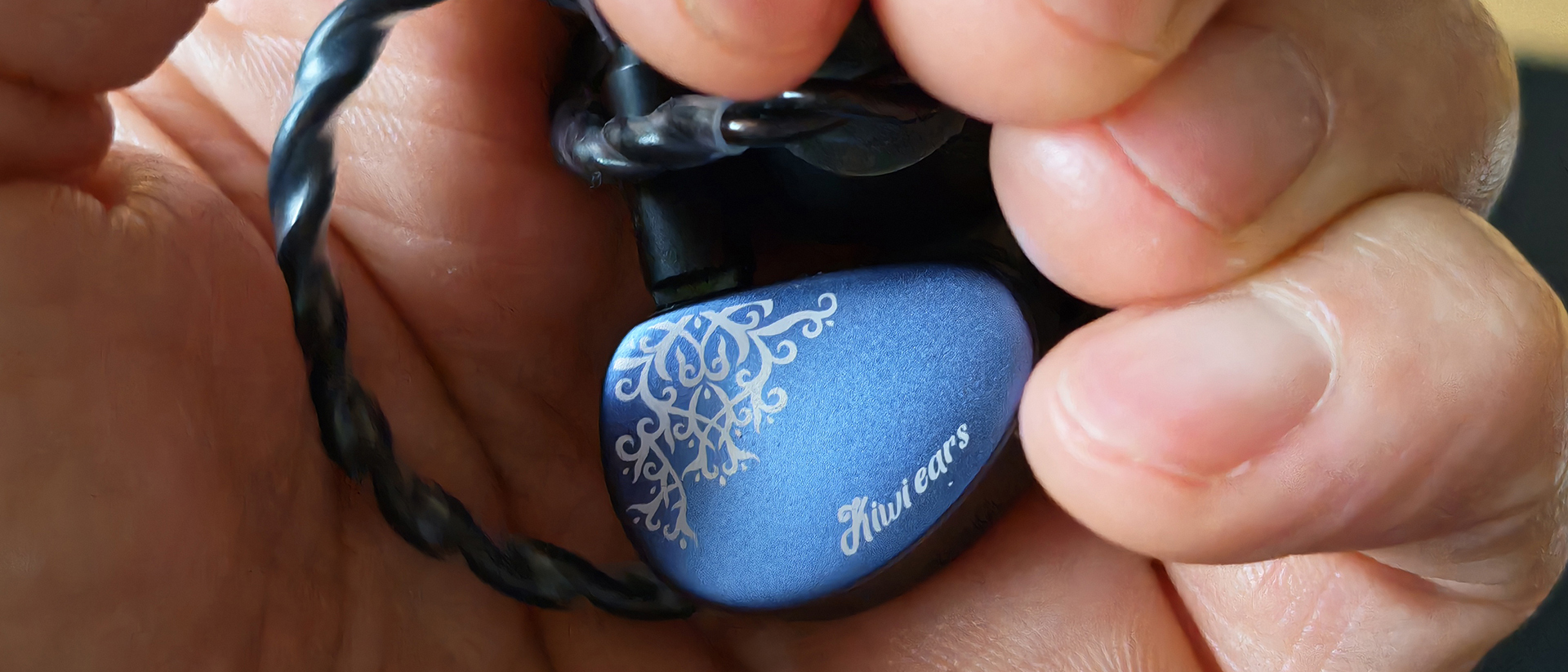Unit's Martin Allan on how to meet rising client expectations
Daily design news, reviews, how-tos and more, as picked by the editors.
You are now subscribed
Your newsletter sign-up was successful
Want to add more newsletters?

Five times a week
CreativeBloq
Your daily dose of creative inspiration: unmissable art, design and tech news, reviews, expert commentary and buying advice.

Once a week
By Design
The design newsletter from Creative Bloq, bringing you the latest news and inspiration from the worlds of graphic design, branding, typography and more.

Once a week
State of the Art
Our digital art newsletter is your go-to source for the latest news, trends, and inspiration from the worlds of art, illustration, 3D modelling, game design, animation, and beyond.

Seasonal (around events)
Brand Impact Awards
Make an impression. Sign up to learn more about this prestigious award scheme, which celebrates the best of branding.
If you ever wanted proof that you don't necessarily need a specific degree to make it in 3D and animation, you just have to look at its upper echelons. Take Martin Allan, head of 3D at Unit, the London-based VFX house known for its award-winning commercials for big names like Google, Volvo and Carling.
Allan did a design degree "which was pretty much making one-off lovely objects," he recalls. "And I thought: I could end up in Wales in a glass-fronted room with loads of Americans taking pictures of me. Or I could go out and get a proper job."
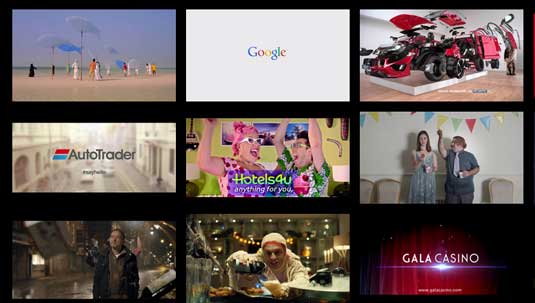
He opted for the latter, starting at Hibbert Ralph as a runner in 1994. "At the time, 3D was a very young department in lots of places," he recalls. "Things just grew from there."
Leadership roles
He ended up as lead CG artist, working under Jerry Hibbert, until he left in 2003 to go freelance. He spent eight months at Double Negative working on contract on Captain Scarlet, then took a position as Head of Maya at Hive. "For me it was a nice sized company, which is what I like about Unit," he recalls. "They all know each other and are very friendly."
Next came four years at Prime Focus, before becoming one of the founding directors of Amazing Spectacles. And then Allan joined Unit, just over a year ago.
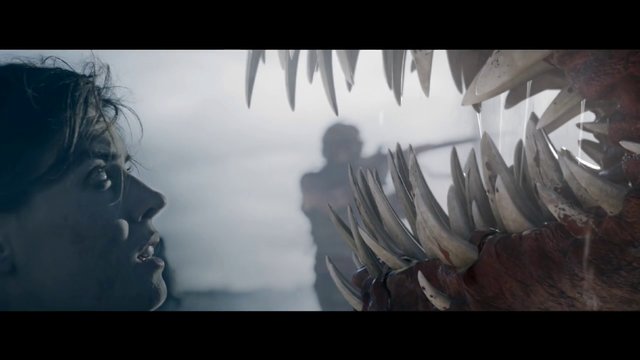
Throughout a decade spent in leadership roles, Allan has seen huge advances in 3D technology and software. But rather than making his job easier, in many ways it's made it harder, he says. Not least because greater capabilities means clients expect more and more for their money.
Technical challenge
"It's always the same: you struggle with budgets and people's expectations," says Allan. "Things get better and better in terms of the quality of what you can do - from movies to what you see on the telly. But it all takes time and money, and budgets are getting tighter. So it's very hard to try and manage that."
Daily design news, reviews, how-tos and more, as picked by the editors.
Part of that process is explaining that just because something is technically possible doesn't mean it should be done. "Take 4K," says Allan. "Clients ask for it because they think it's the best they can get - and naturally they want the best. But when you actually talk to them about it, and you ask them why they need 4K, they don't know. So you end up agreeing to deliver in HD, and everybody's happy."
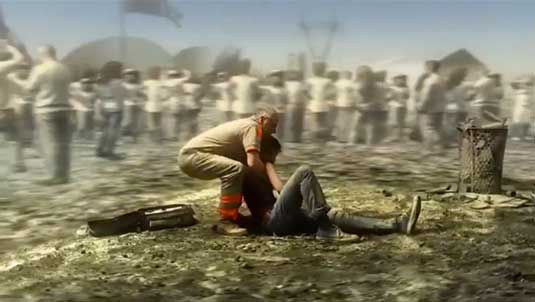
Similarly, while Unit is prepared to invest in new software if it's necessary for a particular project, Allan's view is that if it isn't broke, don't fix it. "XSI we use for ice and more particle/techie based jobs - although that's obviously a bone of contention at the moment," he explains. "And we use Maya for more or less everything else. I don't think we really need anything else most of the time."
It's also about turning Unit's relatively small size (at around 60 employees) to its advantage. "We're a lot less bureaucratic than some of the largest companies; there's very little 'management fat' at Unit," says Allan. "And that's one of the reasons we can get very technically challenging work done to a demanding timeline."
Generalists vs specialists
That reverse economy of scale works to their advantage in other areas, adds Allan - namely in the way Unit is bucking the current trend for employing specialists versus generalists. "Back in the early days, we all started out as generalists because there weren't that many of us," he explains. "You had to know everything and just get on with it. And then slowly the bigger houses and the bigger budgets brought in specialists who could focus on just one area.
"This was great in a lot of ways, because everyone's an absolute expert in what they're doing. But it can cause problems when you try and schedule work, especially in the big studios, because you're not so flexible. When you've got a machine where lots of people are just doing one bit, and they become overly busy, you suddenly have bottlenecks."
Now that budgets are getting tighter, many clients are now looking more at generalists again, Allan believes. "So if a piece of work needs doing then that person over there on that seat is free. And they can do the modelling, they can do the lighting, the final renders, even a bit of Nuke, whatever it is. At the end of the day it's all about talent and here at Unit we have some of the best, people who are capable of multi skilling to a very high level.
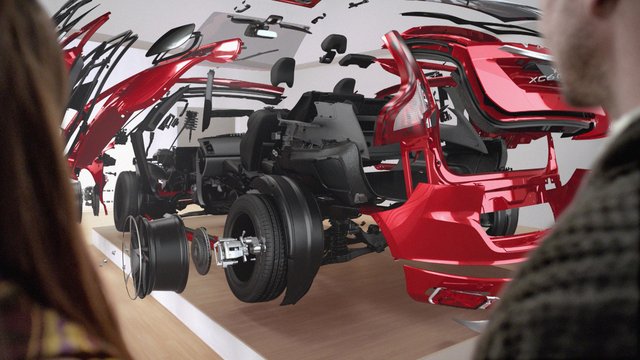
"So they just get on with it - rather than sitting on it for three weeks because you're waiting for so-and-so to become free before we can go to the next person who can go to the next person and so on." (For more on how Unit operates, read this article).
It's this kind of agile responsiveness, says Allan, that means Unit is increasingly taking on projects that the big studios can't handle. Take their work on this recent campaign for Volvo (shown above).
"Three weeks to create 45,000 moving parts. It was crazy," Allan shakes his head. "Two of the larger studios said it couldn't be done and declined the work. At which point they turned up on our doorstep and said "do you think it's possible?" And we said yes and we did it. And it looks great."
Win a trip to Los Angeles!
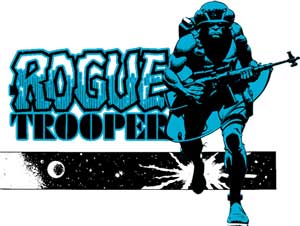
Masters of CG is a competition for EU residents that offers the one-in-a-lifetime chance to work with one of 2000AD's most iconic characters: Rogue Trooper.
We invite you to form a team (of up to four participants) and tackle as many of our four categories as you wish - Title Sequence, Main Shots, Film Poster or Idents. For full details of how to enter and to get your Competition Information Pack, head to the Masters of CG website now.
Enter the competition today!
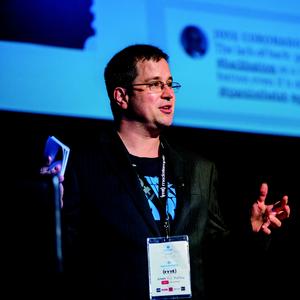
Tom May is an award-winning journalist specialising in art, design, photography and technology. His latest book, The 50 Greatest Designers (Arcturus Publishing), was published this June. He's also author of Great TED Talks: Creativity (Pavilion Books). Tom was previously editor of Professional Photography magazine, associate editor at Creative Bloq, and deputy editor at net magazine.
